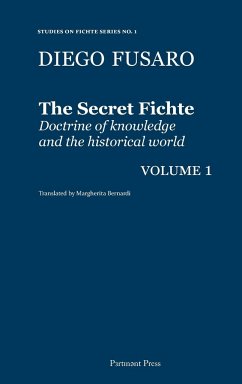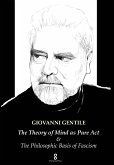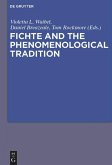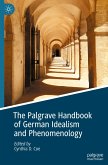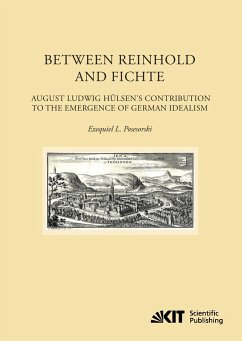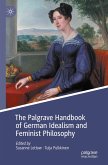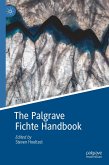This collection of essays on Fichte's philosophico-political thought by Diego Fusaro, described by La Repubblica as 'possibly the brightest star in the Italian philosophical firmament of our times', explicitly recalls Jacques D'Hondt's landmark 1968 thesis "Hegel secret". Fusaro argues that there is a 'secret Fichte' - different from the Fichte we have grown accustomed to thanks to the numerous hermeneutical essays of the greater part of the Fichte-Forschung. The 'secretiveness' of Fichte is twofold. As Fichte's Wissenschaftslehre is hermetic and difficult to comprehend, it presents a fertile abundance of interpretations in which a deeper and 'secret' meaning may blossom. Although the 'Fichte enigma' remains unresolved, Fusaro opens new avenues for future research aimed at decoding Fichte's work. Secondly, Fusaro argues that Fichte was always a secret supporter of the French Revolution, particularly the transforming passion which made the Revolution possible. Accurately translated by Margherita Bernardi, this is a significant contribution to a growing body of studies on Fichte and his ongoing relevance.

